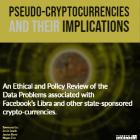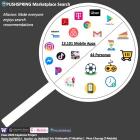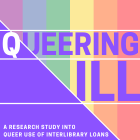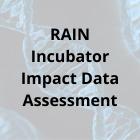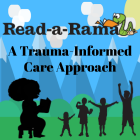
Promoting Information Literacy Through Indexing
This project involved cataloging a 10,000-document collection of newly digitized, multilingual Law Library of Congress treaties and international agreements. The collection was classified by metadata elements in a master spreadsheet. To ensure users’ ability to fulfill collocating and finding bibliographic objectives, LCSH and indexer-derived keywords were appended to each record. Inconsistencies between records were resolved using OpenRefine and blog posts containing trend graphs and search tips were constructed to promote the collection. When published online, this content will encourage information literacy by helping the organization’s increasingly networked stakeholders navigate and interact with this content for the first time.


